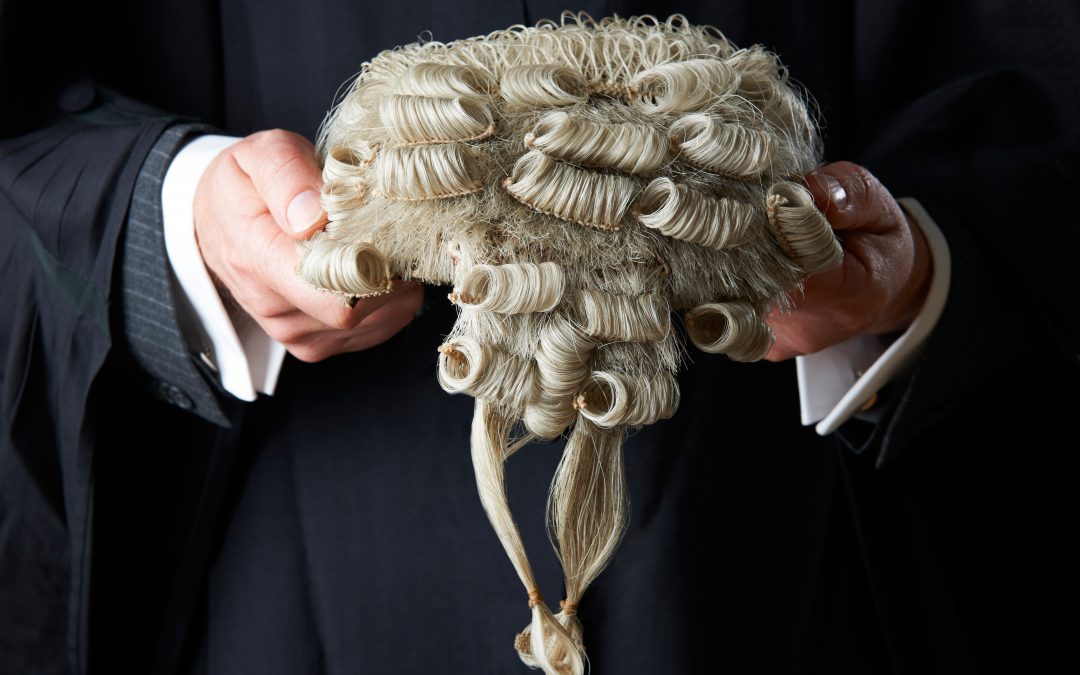We struggled to come up with a subject for K but thanks to the recent change in monarch we are in luck.
Who are the King’s Counsel?
Previously known as the Queen’s Counsel (QC) under Her Majesty Queen Elizabeth II. Their title automatically changes based on the monarch of the UK. The King’s Counsel (KC) is an office of a senior barrister (or advocate in Scotland). Not exclusive to the UK, KC can extend to any country that is a member of the Commonwealth.
The office was established in 1597, by Queen Elizabeth I, as the Queen’s Counsel. It wasn’t until the late 20th century that formal privileges were established. The first female to join the counsel was Helen Kinnear in Canada in 1934. The UK was further behind, appointing Margaret Kidd in Scotland in 1948. She was then followed by Rose Heilbron for England and Wales and Helena Normanton in 1949.
Benefits
The main benefit of becoming a KC is the title. To be recognised as King’s Counsel shows you have achieved a high level of work and have been recognised for that. You also get shiny new clothes: a short wig, silk gown, wing collar, and bands rather than a lace collar. When appointed as King’s Counsel it is often referred to as ‘taking silk’. This phrase refers to wearing a particular silk gown traditionally worn by those in the King’s Counsel. A junior barrister will shed his black stuff coat and replace it with a silk one. There are various other professional benefits, not least of all a slight elevation in the fees that a KC can command.
How do you become King’s Counsel?
Although a seemingly simple process it is a rigorous application. The basic requirements are you must be a lawyer that has been practising for at least 10 years and be recommended by the Lord Chancellor. To be considered you need to have demonstrated exceptional skill in your field of expertise. Once you have been nominated by the Lord Chancellor you can begin your application.
Applications to become KC involve demonstrating five competencies. These include expertise in modern law, written and oral advocacy, evidence of teamwork, integrity and understanding of diversity and cultural issues. A meeting with the selection panel then takes place. Set up in 2005, it is independent and chaired by a lay member. The panel will hold a retired senior judge, senior barristers, senior solicitors, and lay members.
If you do not make it through successfully you are able to reapply, but you will have to start the process from the beginning. But as Paul Darling KC said recently, “It’s tough to watch the successful candidates go off to the ceremony – I certainly found it hard the year I didn’t get it. Just think – next year!!! I did”

